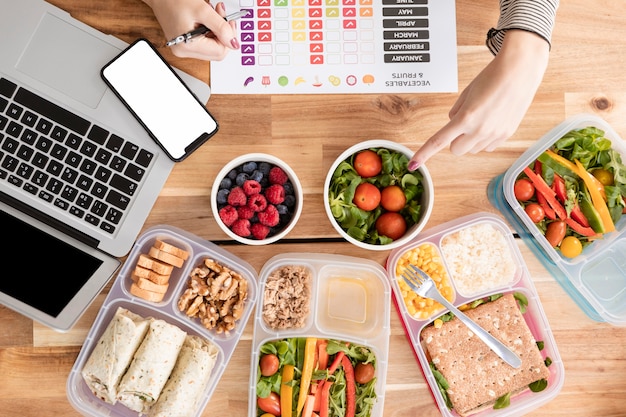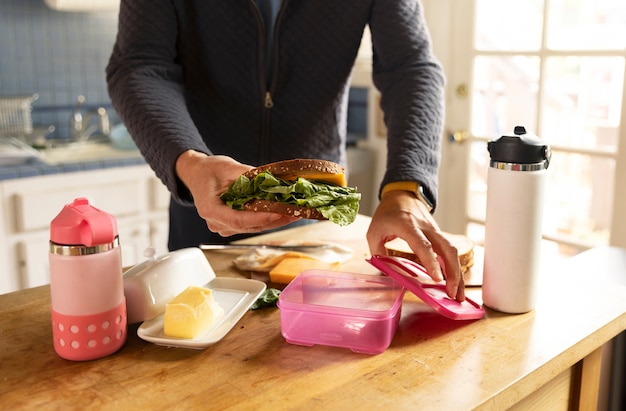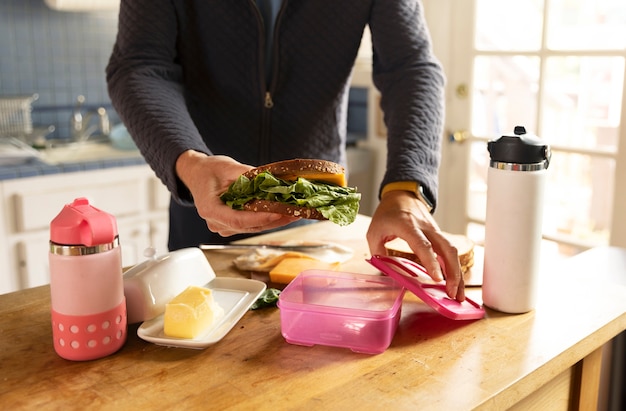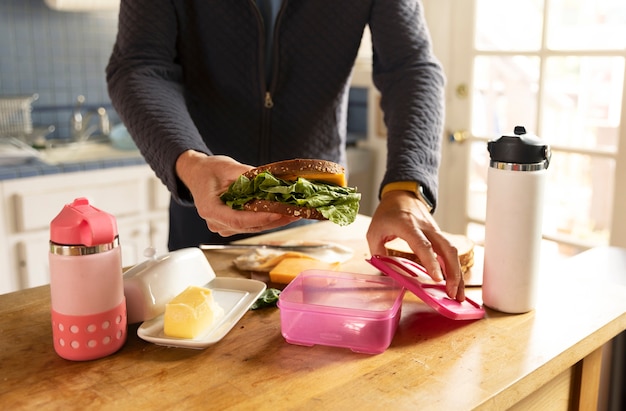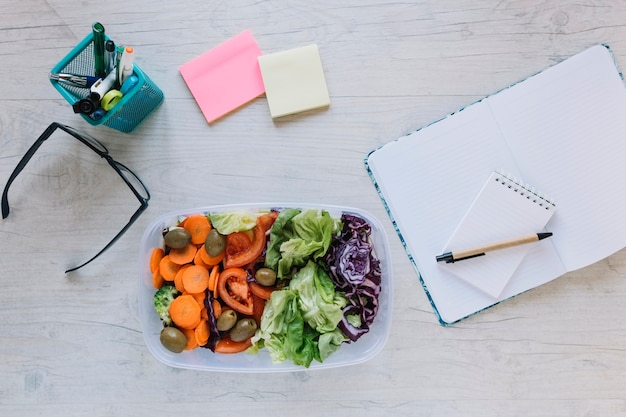Master Your Week: The Beginner's Guide to Smart Meal Prep for Better Training Results
Staying consistent with fitness goals isn’t just about how hard you train—it’s also about how well you fuel your body. For beginners especially, the idea of meal prepping can feel overwhelming. But with the right approach, weekly meal prep becomes a powerful tool to train smarter, eat healthier, and stay on track without daily stress.
This beginner-friendly blueprint walks you through simple, practical steps to build a sustainable meal prep routine. You’ll also discover how to track progress and stay motivated—key ingredients for long-term success.
Why Meal Prep Matters for Training Success
When you’re working toward fitness goals—whether it’s building strength, increasing endurance, or losing body fat—nutrition plays a critical role. Meal prep ensures you have balanced, portion-controlled meals ready when hunger strikes, reducing the temptation to grab fast food or skip meals.
By planning your meals weekly, you gain better control over macronutrients (proteins, carbs, and fats), support muscle recovery, and maintain steady energy levels. This consistency leads to better performance, faster results, and improved confidence in your routine.
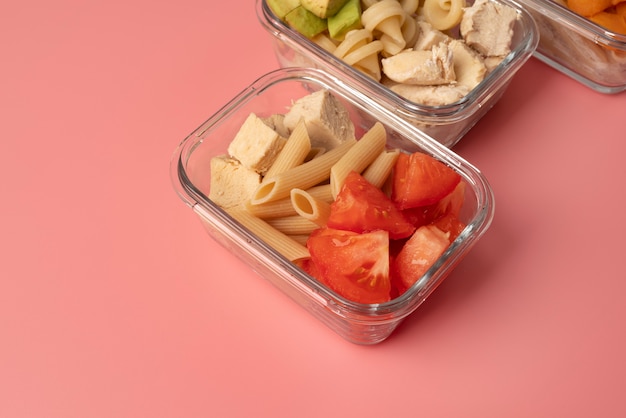
Getting Started: A Simple 5-Step Weekly Meal Prep Plan
- Plan Your Meals (30–60 minutes): Choose 3–4 core recipes for the week. Focus on balanced plates: lean protein, complex carbs, and vegetables. Start with familiar ingredients to reduce waste and stress.
- Create a Grocery List: Organize your list by store sections (produce, dairy, proteins) to save time and avoid impulse buys.
- Shop with Purpose: Stick to your list and choose seasonal, fresh, or frozen produce for cost-effective and nutritious options.
- Batch Cook Strategically: Cook grains and proteins in bulk. Roast a large tray of mixed vegetables. Use a slow cooker or instant pot to save time.
- Portion and Store: Use reusable containers to divide meals. Label them with dates to ensure freshness. Aim to prep enough for 3–5 days to maintain quality.
Smart Nutrition Tips for Active Beginners
As a beginner, your body needs quality fuel to adapt to new physical demands. Focus on:
- Protein: Include a source in every meal (chicken, tofu, beans, eggs) to support muscle repair.
- Complex Carbs: Opt for brown rice, quinoa, sweet potatoes, and oats to sustain energy.
- Healthy Fats: Add avocado, nuts, seeds, or olive oil in moderation for hormone health and satiety.
- Hydration: Don’t forget water! Pair meal prep with a daily hydration goal (e.g., 2–3 liters).
Track Your Progress: Simple Tools That Work
Tracking keeps you accountable and helps you spot patterns. You don’t need a complicated app—start simple:
- Use a notebook or notes app to log meals and how you feel each day (energy, hunger, mood).
- Take weekly photos or measurements to monitor physical changes.
- Track workout performance (e.g., weights lifted, reps, endurance) alongside nutrition.
- Try habit-tracking apps to mark completed meal prep days—seeing a streak builds motivation.

Stay Motivated: Mindset Tips for Consistency
Motivation fades, but systems last. Build habits that stick with these cues:
- Start Small: Prep just 2–3 meals your first week. Success builds confidence.
- Theme Nights: Try “Meatless Monday” or “Stir-Fry Friday” to add fun and variety.
- Reward Effort, Not Perfection: Celebrate showing up—even if a meal isn’t perfectly balanced.
- Involve Others: Cook with a friend or share meals with a family member to stay accountable.
- Reflect Weekly: Spend 10 minutes every Sunday reviewing what worked and what to improve.
Common Pitfalls and How to Avoid Them
Even with good intentions, beginners often face challenges. Here’s how to overcome them:
- Boredom: Rotate 4–5 go-to recipes monthly. Use different spices or sauces to refresh flavors.
- Time Constraints: Dedicate 2–3 hours on a weekend day. Use downtime (e.g., while roasting veggies) to clean or plan.
- Over-Prepping: Focus on freshness. Prep 3–5 days max to avoid food fatigue and waste.
- All-or-Nothing Thinking: Missing one meal doesn’t ruin progress. Just get back on track at the next meal.
Final Thoughts: Train Smarter, Live Better
Weekly meal prep isn’t about perfection—it’s about progress. When you take control of your nutrition, you empower your training, boost energy, and build lasting habits. As a beginner, your consistency matters more than complexity.
Use this blueprint to start small, track your journey, and stay motivated. Over time, meal prep will become second nature—and your results will show it.






